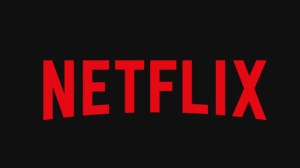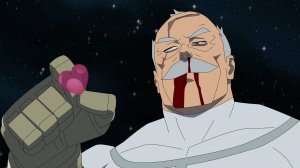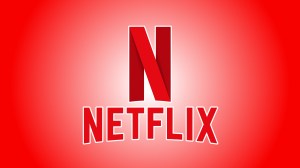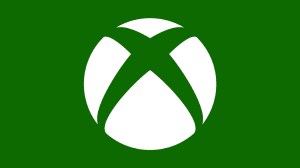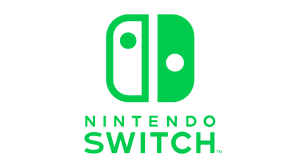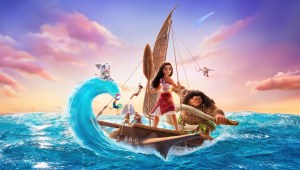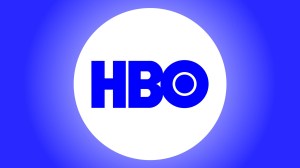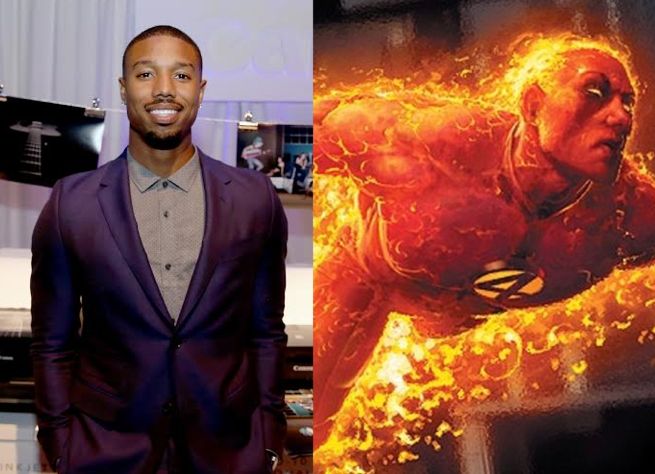
Earlier this week, the cast for the upcoming reboot of the Fantastic Four film franchise was announced. The cast includes Miles Teller as Mister Fantastic, Kate Mara as the Invisible Woman, Jamie Bell as The Thing, and Michael B. Jordan as The Human Torch.
Videos by ComicBook.com
That last one has been rumored for quite a while now, and has stuck in certain people’s craw. The idea of a white comic book character being cast with a black actor seems to have ruffled some feathers, and not for the first time. There were similar rumblings when Idris Elba was cast as Heimdall in Thor, and even further back when Michael Clarke Duncan was cast as The Kingpin in Daredevil.
In the end, the change of race for those characters had no real effect on those films. Thor was a good movie, regardless of having a black Heimdall. Daredevil was as a bad movie, but are we really going to lay the blame for that at Michael Clarke Duncan’s feet? I should hope not. Some would argue that if the change had no effect on the films, why make the change at all? I don’t really see the logic here. Even throwing out the idea that these black actors may have just been the best person for the job, I don’t see how changing things arbitrarily is any better or worse than keeping things the same simply because that’s how it’s always been.
Michael B. Jordan being cast as Johnny Storm is a different case however. Casting a black actor as the Human Torch could have a direct effect on the film because his sister, Sue, is still being played by a white actress. This does, potentially, change certain aspects of the film. In my opinion, for the better.
The whole idea behind the Fantastic Four has always been that they are Marvel’s “First Family.” They are cosmic explorers and superheroes as well, but they’ve thematically been a place for creators to explore the dynamics of families through superhero stories.
In the 1960s, when the Fantastic Four were first created, they resembled what everybody accepted as the family unit of the day, the kind of clean cut, white family that was seen on television on a regular basis. They fit the mold.
It’s been 50 years since the creation of the Fantastic Four. Times have changed. Families aren’t as neat and color-coded as they once were (or at least popular culture would have had you believe they were). Interracial marriage, people identifying as being of mixed ethnicity, and interracial adoptive families have all been trends over the last several years, not to mention the increase in homosexual marriage and adoption. The face of the American family is changing, so why shouldn’t the face of the “First Family” do the same?
Some would argue that making Sue and Johnny’s relationship an adoptive one rather than a genetic one would change the nature of their relationship, but that’s just absurd. Could you really look someone who was adopted in the eye and tell them that the love they and their siblings, or even their parents, feel for one another is fundamentally different and likely inferior to the love felt between families that share genes?
Why not take this opportunity to push forward? Why not embrace the idea of a Fantastic Four with a cast approaching the amount of diversity that we actually see, increasingly, in regular families? How can this make these characters anything other than more relevant to the way we live today? Let’s give this film a chance to explore what it means to be a non-traditional family in the 21st century, rather than shoving it back into the neat box that was built for it in the 1960s. Let’s give children who are part of mixed race families, who might have to answer a friend’s question about why they don’t look like their parents, some heroes that they can look up to and relate to. There are plenty of white superheroes to go around (Iron Man, Thor, The Hulk, Captain America, Wolverine, Star-Lord, Spider-Man). I don’t think we’re suddenly going to find ourselves with a shortage because Johnny Storm is black.
Of course, this is all talk about the film’s potential. I don’t know that any of this has once crossed through Josh Trank’s or Mark Millar’s mind. It’s entirely possible the film won’t really address these familial themes at all. That would be a shame, since those themes are so important to the Fantastic Four and without them the film will likely just be a shallow spectacle of special effects. But maybe, just maybe, these filmmakers can take this ball and run with it further than anyone would have expected. By casting Michael B. Jordan as Johnny Torch, they have at least put the ball in their court.


